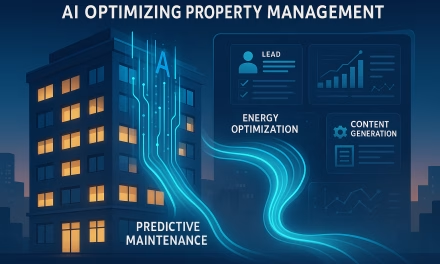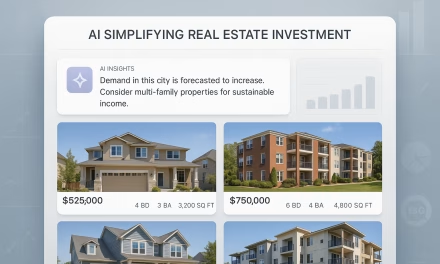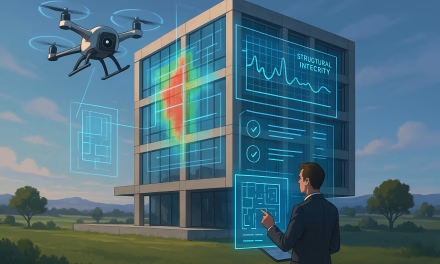June 25, 2025, underscores Artificial Intelligence’s pivotal role in shaping the future of urban living and real estate. The day’s news highlights a growing global commitment to leveraging AI as a catalyst for smart cities and more intelligent real estate ecosystems, transforming everything from urban planning to daily property management.
Vietnam’s adoption of smart tools for real estate decision-making exemplifies this trend. Buyers are increasingly utilizing AI applications to assess property projects, indicating a shift towards data-driven insights in a market traditionally reliant on intuition. This empowers individuals with more comprehensive information, leading to smarter investment choices and more efficient transactions.
The discussions at the AI in Real Estate conference on June 25 further solidified AI’s position as a transformative force. Industry leaders emphasized AI’s potential to streamline processes, enhance customer experiences, and optimize property management. FPT, a leading technology firm, positioned AI as a key enabler for smart real estate and smart cities, highlighting its influence across the entire lifecycle, from initial planning to the end-user experience.
AI-powered property valuations, intelligent chatbots for customer service, predictive analytics for market forecasting, and automated property management systems are no longer futuristic concepts but current realities. These innovations are revolutionizing how buyers, investors, and agents operate in the property market, making processes faster, more transparent, and more efficient.
As urban populations continue to grow, the integration of AI into real estate and city infrastructure becomes crucial for sustainable development. AI’s ability to analyze vast datasets, predict trends, and automate complex tasks provides an urban blueprint for building more responsive, resilient, and livable cities. The future of real estate is intrinsically linked to the intelligent evolution of our urban environments.





